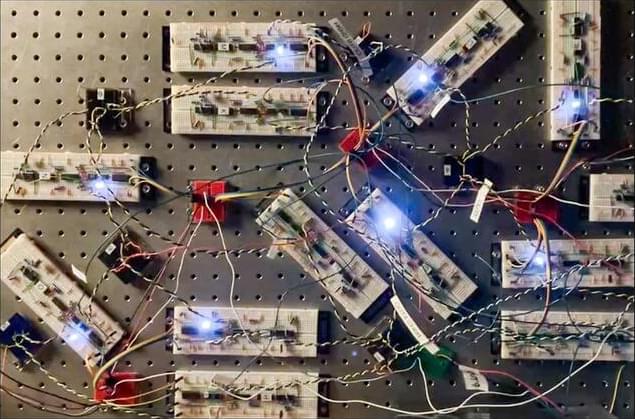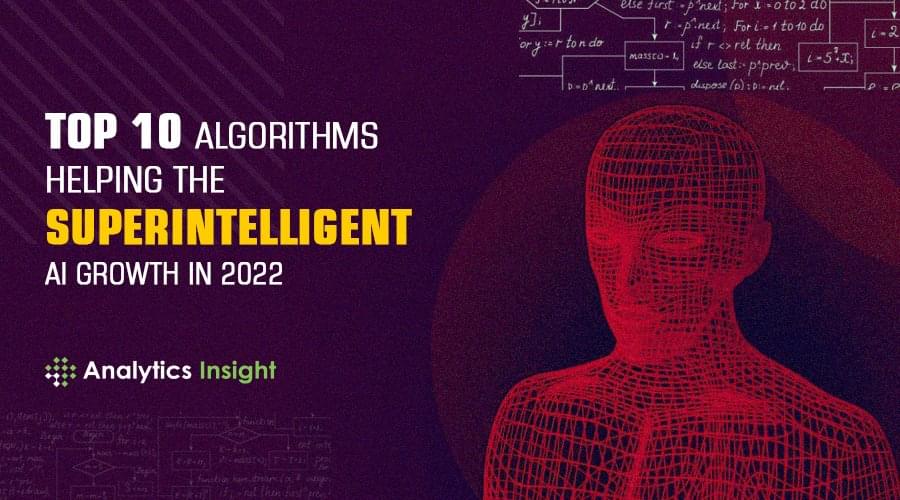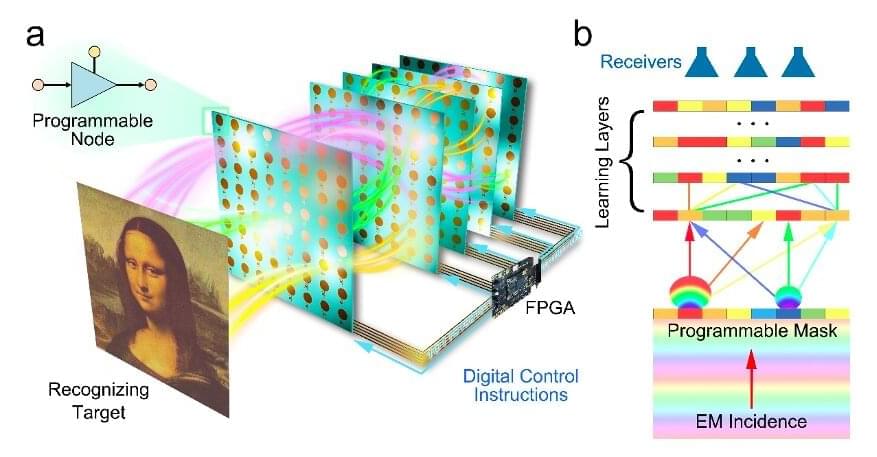Local consciousness, or our phenomenal mind, is emergent, whereas non-local consciousness, or universal mind, is immanent. Material worlds come and go, but fundamental consciousness is ever-present, according to the Cybernetic Theory of Mind. From a new science of consciousness to simulation metaphysics, from evolutionary cybernetics to computational physics, from physics of time and information to quantum cosmology, this novel explanatory theory for a deeper understanding of reality is combined into one elegant theory of everything.
#CyberneticTheoryofMind #Consciousness #Evolution #Mind #Documentary
Based on The Cybernetic Theory of Mind eBook series (2022) by Alex M. Vikoulov as well as his magnum opus The Syntellect Hypothesis: Five Paradigms of the Mind’s Evolution (2020), comes a recently-released documentary Consciousness: Evolution of the Mind.
This film, hosted by the author of the book from which the narrative is derived, is now available for viewing on demand on Vimeo, Plex, Tubi, Xumo, Social Club TV and other global networks with its worldwide premiere aired on June 8, 2021. IMDb-accredited film, rated TV-PG. This is a futurist’s take on the nature of consciousness and reverse engineering of our thinking in order to implement it in cybernetics and advanced AI systems.
What mechanism may link quantum physics to phenomenology? What properties are inherently associated with consciousness? What is Experiential Realism? How can we successfully approach the Hard Problem of Consciousness, or perhaps, circumvent it? What is the Quantum Algorithm of Consciousness? Are free-willing conscious AIs even possible? These are some of the questions addressed in this Part V of the documentary.







